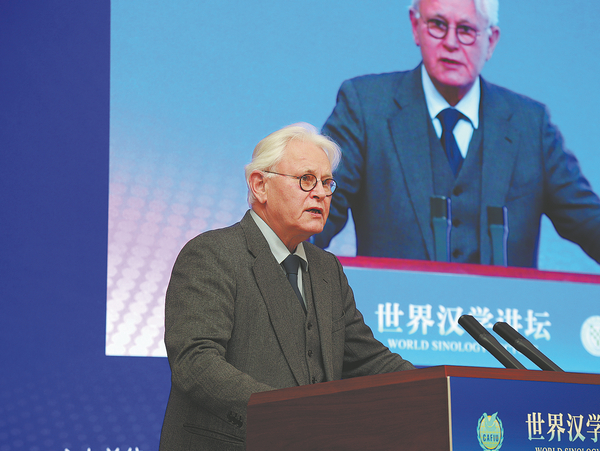

For a long time, the complex writing system was accessible only to a limited, elite section of society. However, the invention of pinyin, promoted by modern Chinese leaders and linguists, which enables Chinese to be spelled out in the Roman alphabet, made it much easier for ordinary people to master the language.
With the assistance of the phonetic transcriptions, the generally speaking ideographic writing system has guaranteed language unification, technological advancement and further development of the socialist culture. Pinyin also facilitated the transition of the Chinese language from traditional media to electronic communication, Aleksakhin says.
Zhang Xiping, editor-in-chief of the academic journal International Sinology, added that this example proves Chinese culture has been formed and developed through continuous exchanges with the outside world.
It is through the process of mutual learning among civilizations that the nation has formed today's language and cultural systems, he said.
Carsten Boyer Thogersen, former consul general of Denmark in Shanghai, looked at "harmony in diversity", a notion put forward by the great thinker Confucius (551-479 BC) and much emphasized by the Chinese through the ages, comparing it to musical chords that sound beautiful at multiple pitches.